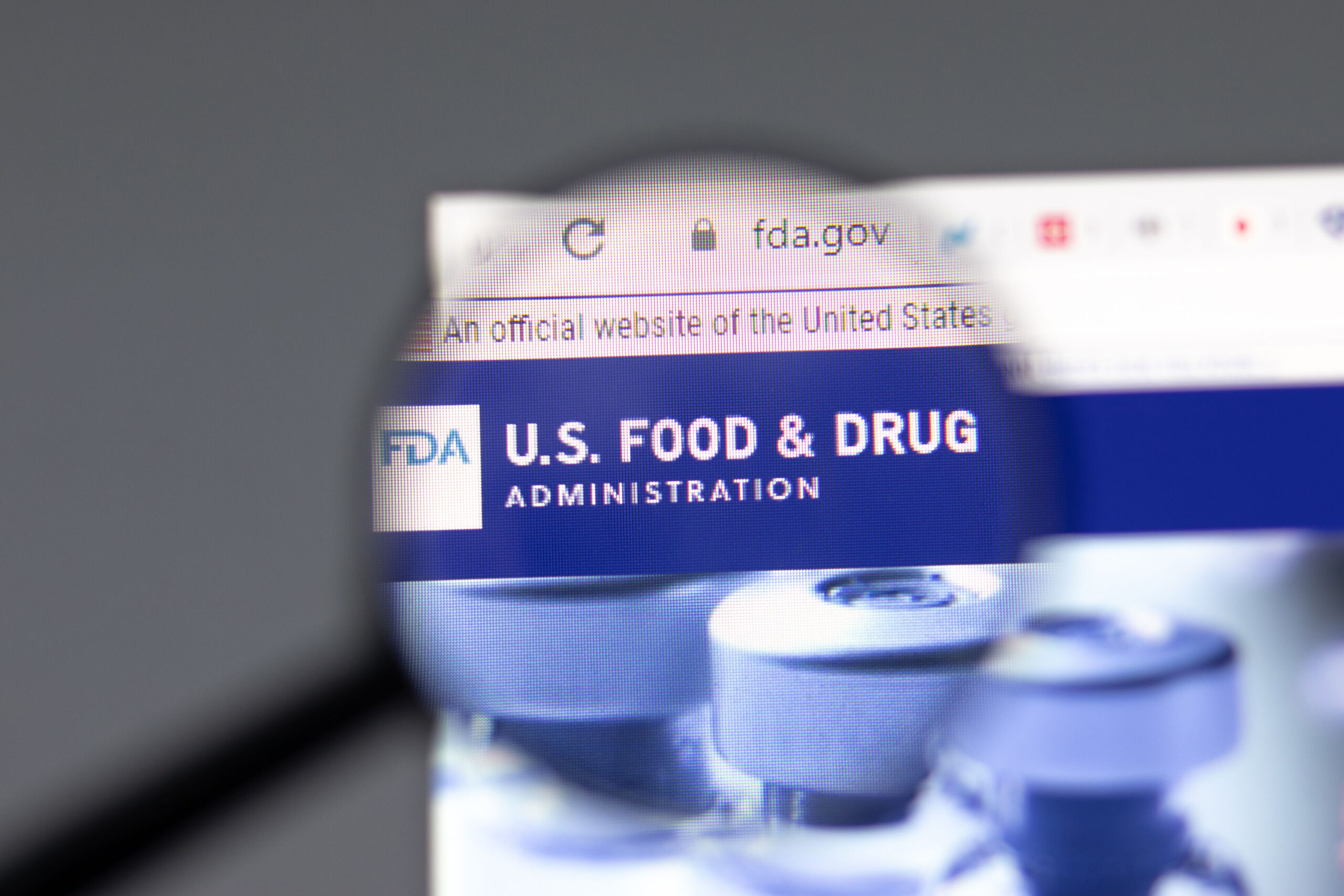Download PDF version here February 16, 2026 The Alliance for Safe Biologic Medicines (ASBM) commends Senator Jim Banks (R-IN) for introducing the Safeguarding Americans from Fraudulent and Experimental Drugs (SAFE Drugs) Act of 2026 in the United States Senate. We also support the bipartisan companion bill (H.R. 6509), introduced in the House of Representatives by […]
February 6, 2026 The Alliance for Safe Biologic Medicines (ASBM) welcomes FDA Commissioner Marty Makary’s comments on the social media platform X affirming that “the FDA cannot verify the quality, safety, or effectiveness of non-approved drugs” and warning that the agency will “take swift action against companies mass-marketing illegal copycat drugs.” These remarks accurately reflect […]
On January 20, ASBM submitted formal comments to the U.S. Food and Drug Administration on the agency’s October 2025 draft guidance, Scientific Considerations in Demonstrating Biosimilarity to a Reference Product: Updated Recommendations for Assessing the Need for Comparative Efficacy Studies. In the comments, ASBM supports FDA’s recognition that comparative analytical assessments (CAA) have become increasingly […]
On January 12, the Brussels-based GaBI Journal published an editorial by ASBM Executive Director Michael Reilly, Advisory Board Chair Philip Schneider, and Steering Committee member Andrew Spiegel examining an abrupt and troubling shift in U.S. biosimilars policy. In the article, the authors argue that while biosimilars have consistently demonstrated safety and effectiveness, they are not […]
On December 12th, ASBM and the Global Colon Cancer Association (GCCA) hosted a one-hour webinar discussing the 340B Drug Discount Program, a federal program designed to help hospitals and clinics serving patients in need. The webinar, entitled “Reforming 340B: Ensuring the Discount Program Delivers for Patients” discussed how the program has strayed from its original mission- […]
Reforming 340B: Ensuring the Discount Program Delivers for Patients December 12, 2025 • 11:00 AM – 12:00 PM ET Hosted by the Alliance for Safe Biologic Medicines (ASBM) and the Global Colon Cancer Association (GCCA) Register Now The 340B Drug Discount Program was created to help hospitals and clinics stretch limited resources to serve […]





